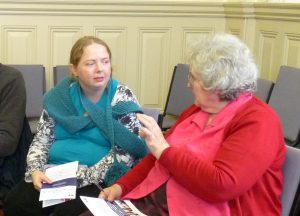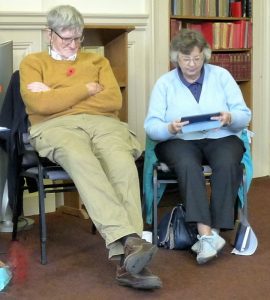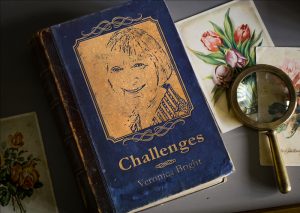Competition in the writing world is fierce, but don’t let that put you off. We all start somewhere, not just with hopes and dreams, but with goals and determination.
Tracy Fells has all those things. Several months ago she entered the Commonwealth short story prize for 2017. The organisers received almost 6000 entries from 49 Commonwealth countries. Tracy Fells won the section for writers from the Europe and Canada. It’s a terrific achievement to be awarded such a prestigious prize. Along with winners from the four other regions, namely Africa, Asia, the Caribbean, and the Pacific, was transported to Singapore for the prizewinning ceremony on 30th June.
Commonwealth short story prize for 2017. The organisers received almost 6000 entries from 49 Commonwealth countries. Tracy Fells won the section for writers from the Europe and Canada. It’s a terrific achievement to be awarded such a prestigious prize. Along with winners from the four other regions, namely Africa, Asia, the Caribbean, and the Pacific, was transported to Singapore for the prizewinning ceremony on 30th June.
After a nail-bitingly tense evening, the overall winner was announced – it’s Ingrid Persaud representing Trinidad and Tobago. Tracy’s comment was, ‘A wonderful story from a talented and lovely writer.’
All Tracy’s friends are sorry she didn’t win the overall prize, but think she’s done fantastically well to be the winner of the Europe and Canada section of the competition.
Before she left for Singapore, I wanted to ask Tracy for her advice, and I found exactly what I was looking for on an excellent website that I’ve only recently discovered. It’s www.theshortstory.co.uk –– excellent because it’s written with enthusiasm and practical help. Founder Rupert Dastur includes a whole section where you can access some of the most universally acclaimed short stories in print. That represents a feast of education for everyone who would like to write a stunning short story. Why not take a look?
ADVICE FROM TRACY FELLS
(Quoted with permission from Rupert Dastur and Tracy Fells)
What are the three most important considerations when writing a short story?
Narrative arc: I’m a traditionalist and believe a short story must have a complete story arc. The reader must feel a sense of satisfaction at the end of the story. If a question/hook is set up in the opening then it must be answered before the story’s concluded.
Theme: I also believe a really good short story has a theme. A good tip is to define the premise of your story in one sentence. What is it really about?
Character(s): A brilliant plot idea or storyline is nothing without believable characters. You don’t always have to like them but the reader must care what happens to them, otherwise why bother? A truly memorable short story lingers long after reading, but what actually sticks in your mind is the character or the character’s voice not the plot.
*****
You can read the whole interview at
www.theshortstory.co.uk/the-short-story-interview-tracy-fells
Find out more about Tracy Fells at tracyfells.blogspot.com/
Read Tracy’s winning story at https://granta.com/the-naming-of-moths PS If you don’t know anything about a golem, it’s a good idea investigate on Wikipedia first.

Frog: (Hopefully)
I think The Naming of Frogs would be a fantastic title for a story, don’t you?

























